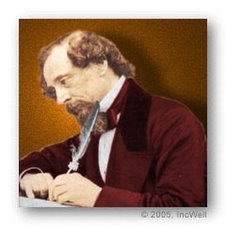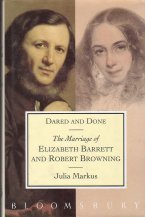"Glory of Women"
You love us when we're heroes, home on leave,
Or wounded in a mentionable place.
You worship decorations; you believe
That chivalry redeems the war's disgrace.
You make us shells. You listen with delight,
By tales of dirt and danger fondly thrilled.
You crown our distant ardors while fight,
And mourn our laurelled memories when we're killed.
You can't believe that British troops "retire'
When hell's last horror breaks them, and they run,
Trampling the terrible corpses- blind with blood.
O German mother dreaming by the fire,
While you are knitting socks to send your son
His face is trodden deeper in the mud.
Craiglockhart, 1917
I feel that he expresses the sentiments of all veterans of war. Know one honestly knows of all the horrible things soldiers have endured for the sake of a country's freedom, and yet we are quick to forget them while they laboring and fighting on the battlefield or even when or if they return home. Let's not forget about the troops!



2 comments:
Keekwak,
Good choice of a poem and author to discuss in this post, and it was thoughtful of you to include the entire short poem. You don't every really analyze Sassoon's "Glory of Women," though, but instead offer a biographical summary and some generalizations about soldiers. I would prefer more specific attention to what this post writes in this particular poem.
I really liked reading this poem. It came from the point of view of a soldier and it showed how some of the soldiers might have felt during the war. The women of that time saw the honor and glory of war but they didn't see all of the horrible things sometimes that went along with it. Interesting to read. I enjoyed your blog.
Post a Comment